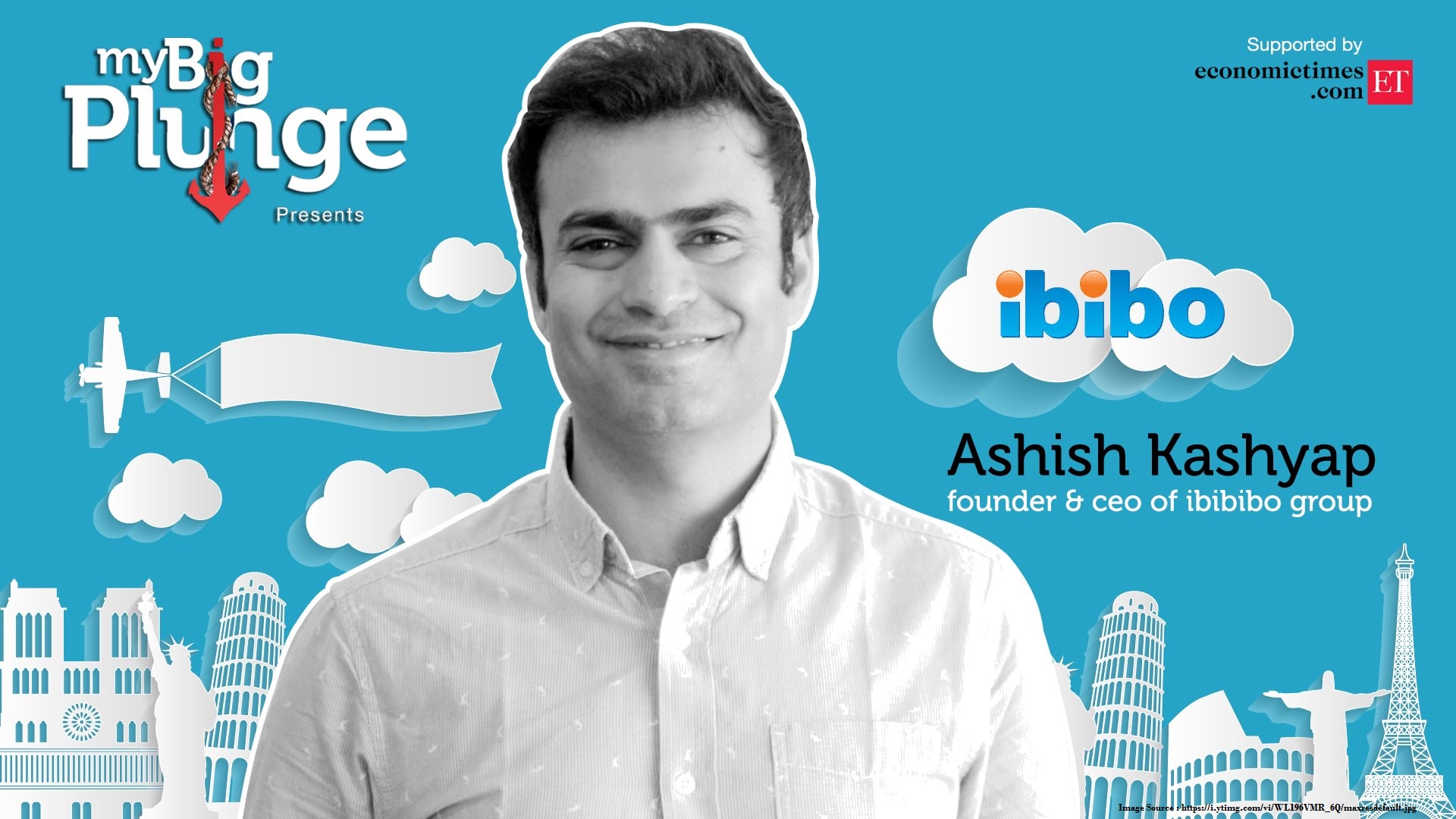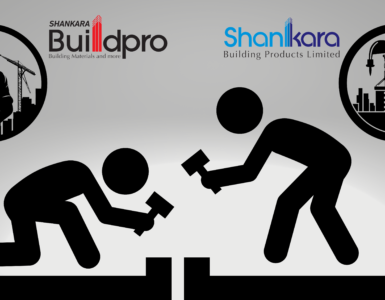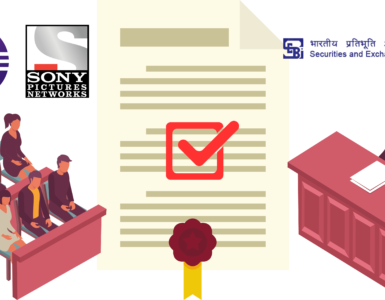Leadership & Quotes: Ashish Kashyap
“Wherever there is a big problem there is an opportunity” “build+invest+acquire”
Ashish Kashyap, founder and chief executive officer of ibibo Group is a quintessential start-up entrepreneur in the Indian internet space. Within a span of few years, he established the brand in the area of e-ticketing across platforms and owns establishments such as Goibibo.com, redBus.in and travel boutique and has become a role-model for young entrepreneurs in the digital space.
Apart from building the online travel business both organically and inorganically, Kashyap has launched ibibo’s payments unit and serves on the management board of PayU global. The 41-year old entrepreneur also spearheaded the acquisition of Djubo, immense valued Bus.in, YourBus, Gaadi Web, PayU India, and these buyouts immense value for all stakeholders. Besides these, he did various M&A transactions and investments in Tek Travels, travelboutiqueOnline, and other internet and mobile space.
The Gurgaon-based group clocks transactions worth INR 1,000 crore per month, according to a PTI report quoting Kashyap. In FY16, the group is looking at triple digit growth in terms of the value of transactions and the biggest driver of the growth will be online hotel bookings. In fact, he elaborated to PTI by saying that the group is open to both “organic and inorganic” options for its future expansion.
[rml_read_more]
Prior to becoming an entrepreneur, he was the country head of Google India and had set up the operations from the scratch, giving him an insight into the importance of brand building. He also started the e-commerce businesses at Indiatimes.com, launched the online marketplace business, Indiatimes Shopping and turned them profitable. An economics graduate from Delhi University, he pursued a diploma in International Masters in Practicing Management from INSEAD, Fontainebleau, France.
His mantra for success is very plain and simple: “Don’t get emotionally attached to what you have created. Be realistic – fail fast, kill fast and evolve,” he said in an interview to Economic Times. The group recently got the Economic Times Most Promising Brands 2015. He is a believer in Made in India philosophy as every piece of code and technology at ibibo Group is made in India.
Kashyap loves being around technology and gadgets like Apple TV, iPhone, Kindle, MacBook are close to his heart. He balances his personal and professional life with elan and the book The Monk Who Sold his Ferrari has left an indelible impact on his life.
Take for Young Entrepreneurs
In a recent interview with YourStory Mr. Kashyapadvised young entrepreneurs looking to venture out on their own
- “Don’t be scared of failing. But fail at low cost and also, fail fast.”
- “When you are launching a product, ask yourself how you can solve the problem better or differently. This is a very important point. Even if you do a me-too kind of product, you need to know how you are able to solve a customer’s problem differently and better.”
- “And finally, don’t be scared of changing.”
His secret of your success are ‘paranoid to succeed; adapt to change; intuition; lead by example; innovating at the edge of chaos’ as he has said in an interview.
“Creating products and applications that make customers ‘happy’ is something that I really enjoy,” he had said.
His view on evolution of a company
“I tend to look at the evolution of a company in four phases.
The first phase is about getting things up and running, which means putting a product out there. A lot of companies fail to reach even this phase. Most of the companies are not able to reach their go-to-market phase. Maybe it was because you were not fast enough or perhaps, not flexible enough. Your people may have gotten tired and quit. Co-founders may have quit. That is the toughest phase to overcome as a company. The fact that no one knows you tends to hurt. During this phase, you have to keep yourself lightweight and do as many trial-and-error moves as possible.And the trial-and-error type of experimentation can happen only if you are lightweight and simple. This can go on for anywhere between 3 months to 12 months. There are days when you feel that things are going great and then, there are days when you feel that everything has gone lousily.
The second phase is all about getting consumers to use and repeat the use of your products. You need consumers to validate whether your product is good or bad, which in turn will help you define what your business model is. You have to ensure that your financial fundamentals are going right, whether it is commissions or an advertising-driven model or a listing model. This is a very important phase. If you don’t define what the fundamentals are from a financial point of view, it is likely to hurt you later. Not every company is Facebook and that means not everyone can think about the business model much later, once consumers start using the product widely. You should figure out ways to monetize your business.
The third phase is, at least in my experience, not as challenging as the other two. It is about massive scale. Even though there are lots of challenges from a technology scalability point of view, from a resource scalability point of view, etc, that is the third piece in the evolution of a business – becoming massive.
Once the company becomes massive, the fourth phase is about reinvention and the problem is that reinvention needs to be happening constantly and it has to happen in faster cycles.”




